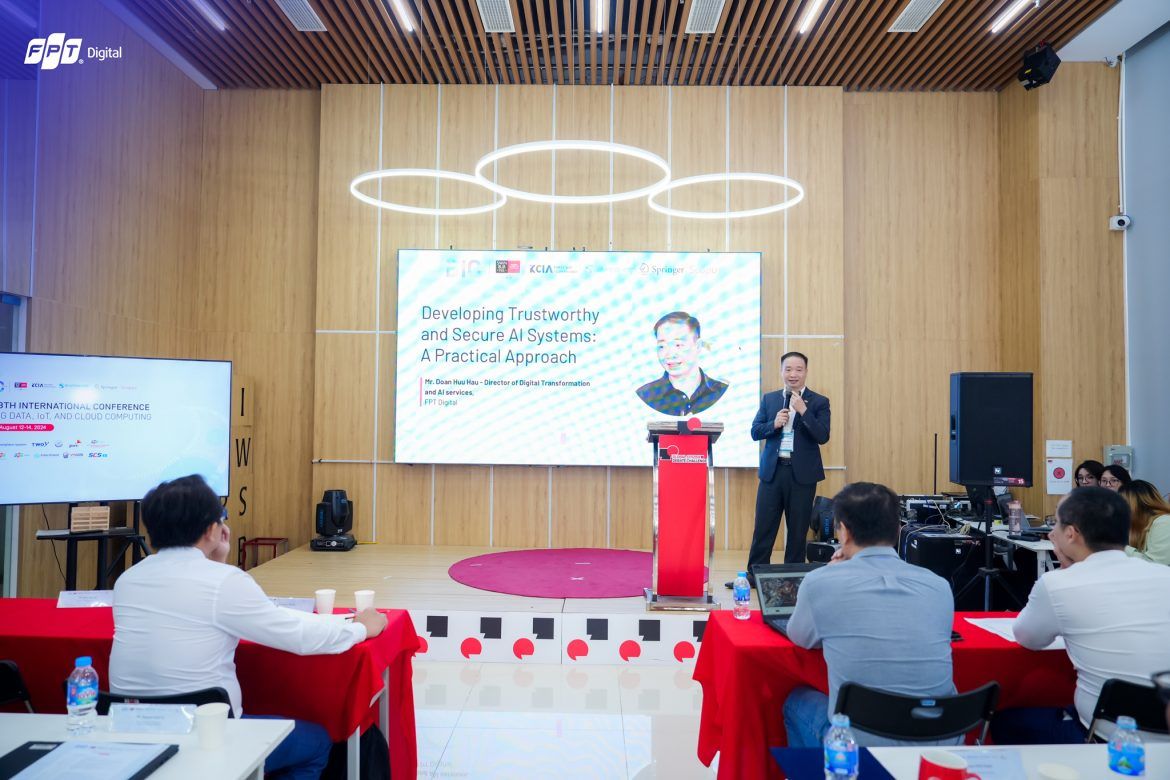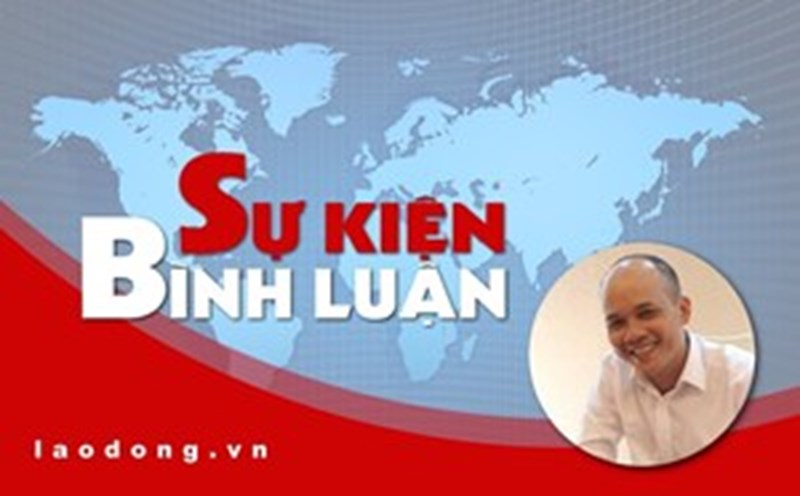Trends in AI Use in the Workplace in Vietnam
According to the 2024 Job Trends Index report with the theme of Bringing AI to Work, What Challenges Await, surveyed by Microsoft and LinkedIn on 31,000 people in 31 countries, including Vietnam, AI has impacted the way people work, lead and recruit.
In Vietnam, the report revealed three trends that leaders and professionals in Vietnam need to understand regarding the impact of AI on work and the labor market in the coming year: Employees want to use AI in the workplace - and will not wait for support from the company; AI sets new standards and breaks career boundaries for employees; Growth in the number of proficient AI users.
Some notable figures from this report include: 88% of knowledge workers in Vietnam are currently using Generative AI at work (compared to 75% of knowledge workers globally); 76% of leaders in Vietnam said they would not hire people without AI skills (compared to 66% of global leaders); 78% of leaders in Vietnam also admitted that they would prefer to hire less experienced candidates with AI skills over experienced candidates who lack these skills (compared to 71% of global leaders)…
Ms. Nguyen Quynh Tram - representative of Microsoft Vietnam - said: "In Vietnam, AI is not only used for simple tasks such as translating documents, summarizing, or drafting emails, but is increasingly used for tasks that require creativity. Therefore, the rate of intellectual workers using AI in Vietnam is relatively high."

According to Google research, the potential of AI in Vietnam is huge, with estimated economic benefits of up to 79.3 billion USD for businesses by 2030, if AI tools are widely applied. This figure is equivalent to nearly 12% of Vietnam's GDP by 2030.
Opportunities and challenges for Vietnamese workers
For the labor market, AI brings many benefits such as supporting workers to work better, freeing up time for creative work and bringing higher value... The development of AI will also create many new professions such as AI engineer, data analyst, AI application developer, AI consultant...
The salary for these professions is very high. This is an attractive job opportunity, especially for the young generation of Vietnam. If they know how to grasp it, they can improve their skills and knowledge, and have many opportunities to compete in the domestic and international labor market.

However, there are challenges along with that. In early 2024, the International Monetary Fund (IMF) predicted that by 2030, up to 40% of workers will be affected by AI. Vietnam is no exception to that general trend.
Sharing at an exchange event with young people in October 2024, Mr. Hoang Nam Tien - Vice Chairman of the Board of FPT University emphasized that with the development of AI and robots, it is possible that up to 70% of workers will lose their jobs in the future.
In Vietnam, many professions will be heavily affected by AI such as customer service staff, graphic designers, data entry staff, cashiers, product photography models, content marketing staff, in addition to accountants, teachers, etc.
To take advantage of opportunities and overcome challenges from AI, workers and businesses need to have the necessary equipment. For workers, they need to practice thinking about using AI every day from the most basic things; participate in AI courses, use AI from basic to advanced, to better serve their work.
For businesses, it is important to support employees in using AI; build AI training processes as well as apply AI to production and business processes...










